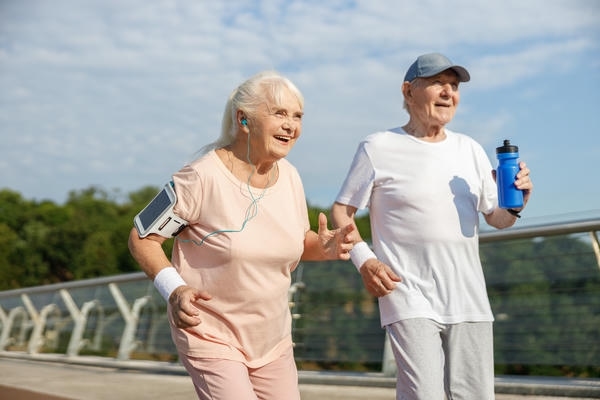As the summer months approach, it’s crucial to recognize the unique health challenges that the elderly face during this season. High temperatures and humidity can exacerbate existing health conditions and introduce new risks. Preventing seasonal illnesses is essential to ensure that older adults enjoy a safe and healthy summer.
Understanding the Risks
The elderly are more susceptible to heat-related illnesses for several reasons. Their bodies are less efficient at regulating temperature, and many may suffer from chronic health conditions that can be aggravated by the heat. Medications can also affect their body’s ability to stay cool and hydrated. Here are some common summer health risks for the elderly:
- Heat Exhaustion and Heat Stroke: Prolonged exposure to high temperatures can lead to heat exhaustion or heat stroke, which can be life-threatening if not addressed promptly.
- Dehydration: Older adults may not feel as thirsty as younger people and may forget to drink enough fluids, leading to dehydration.
- Sunburn and Skin Damage: Thinner skin makes the elderly more susceptible to sunburn and long-term skin damage from UV rays.
- Respiratory Issues: Poor air quality, often exacerbated by summer smog, can affect those with respiratory conditions such as asthma or COPD.
Preventive Measures
Preventing these summer health issues involves a combination of staying cool, hydrated, and protected from the sun. Here are some comprehensive strategies:
Staying Cool
- Air Conditioning: Ensure that living spaces are air-conditioned. If air conditioning is not available, spending time in public places like shopping malls or libraries can help.
- Cool Baths and Showers: Regular cool baths or showers can help lower body temperature.
- Wear Appropriate Clothing: Light-colored, loose-fitting clothing made of natural fabrics like cotton can help keep the body cool.
- Limit Outdoor Activities: Schedule outdoor activities for cooler parts of the day, such as early morning or late evening.
Staying Hydrated
- Regular Hydration: Encourage drinking water throughout the day, even if not feeling thirsty. Herbal teas, fruit juices, and electrolyte solutions can also help.
- Monitor Fluid Intake: Keep a water bottle handy and track fluid intake to ensure enough water is consumed daily.
- Hydrating Foods: Incorporate hydrating foods like cucumbers, watermelons, and strawberries into the diet.
Sun Protection
- Sunscreen: Use broad-spectrum sunscreen with an SPF of at least 30, and reapply it every two hours, especially if sweating or swimming.
- Protective Clothing: Wear hats with brims and sunglasses to protect the face and eyes from UV rays.
- Seek Shade: Stay in shaded areas whenever possible and use umbrellas or canopies when spending time outdoors.
Managing Chronic Conditions
Summer can exacerbate certain chronic conditions, so managing these is key:
- Medication Management: Some medications can increase sensitivity to heat and sunlight. Consult with a healthcare provider about any potential side effects and adjust dosages if necessary.
- Regular Check-ups: Schedule regular check-ups to monitor any changes in health and address issues early.
- Monitor Symptoms: Be vigilant about any new or worsening symptoms and seek medical attention promptly if needed.
Recognizing Symptoms of Heat-Related Illness
Early recognition and treatment of heat-related illnesses can prevent serious complications. Here are some signs to watch for:
- Heat Exhaustion: Symptoms include heavy sweating, weakness, cold, pale and clammy skin, fast, weak pulse, nausea, or vomiting. Move to a cooler location, lie down, loosen clothing, and sip water. Seek medical attention if symptoms worsen or last more than an hour.
- Heat Stroke: This is a medical emergency. Symptoms include a high body temperature (103°F or higher), hot, red, dry, or damp skin, rapid and strong pulse, and possible unconsciousness. Call 911 immediately, move the person to a cooler environment, and try to cool them down with whatever methods are available until help arrives.
Social Support and Community Resources
Ensuring that the elderly are not isolated during the summer is crucial. Regular check-ins by family members, friends, or caregivers can help monitor their well-being. Many communities also offer resources such as cooling centers and assistance programs for those who need help with cooling their homes.
Conclusion
Summer can be a challenging time for the elderly, but with proper precautions and proactive measures, many of the risks associated with high temperatures can be mitigated. By staying cool, hydrated, and protected from the sun, get help from caregivers, older adults can enjoy a safe and healthy summer. Engaging with healthcare providers and utilizing community resources can further enhance their well-being and prevent seasonal illnesses.













